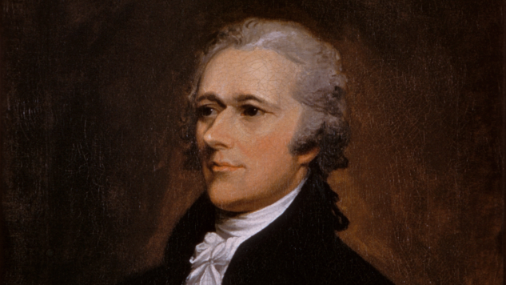

Seven Federalist Papers (Session 2)
July 21, 2020 @ 5:00 pm - 6:30 pm
This seminar is full. Please register for one of our other fantastic seminars!
Our Professor: Akhil Reed Amar, Sterling Professor of Law and Political Science, Yale University
Akhil Reed Amar is Sterling Professor of Law and Political Science at Yale University, where he teaches constitutional law in both Yale College and Yale Law School. After graduating from Yale College, summa cum laude, in 1980 and from Yale Law School in 1984, and clerking for now-Justice Stephen Breyer, Amar joined the Yale faculty in 1985 at the age of 26. He is the winner of Yale’s DeVane Medal for teaching, and in 2017 he received the Howard Lamar Award for outstanding service to Yale alumni. He has co-led or been guest professor, for courses with the EverScholar model on several occasions over the past 5 years.
